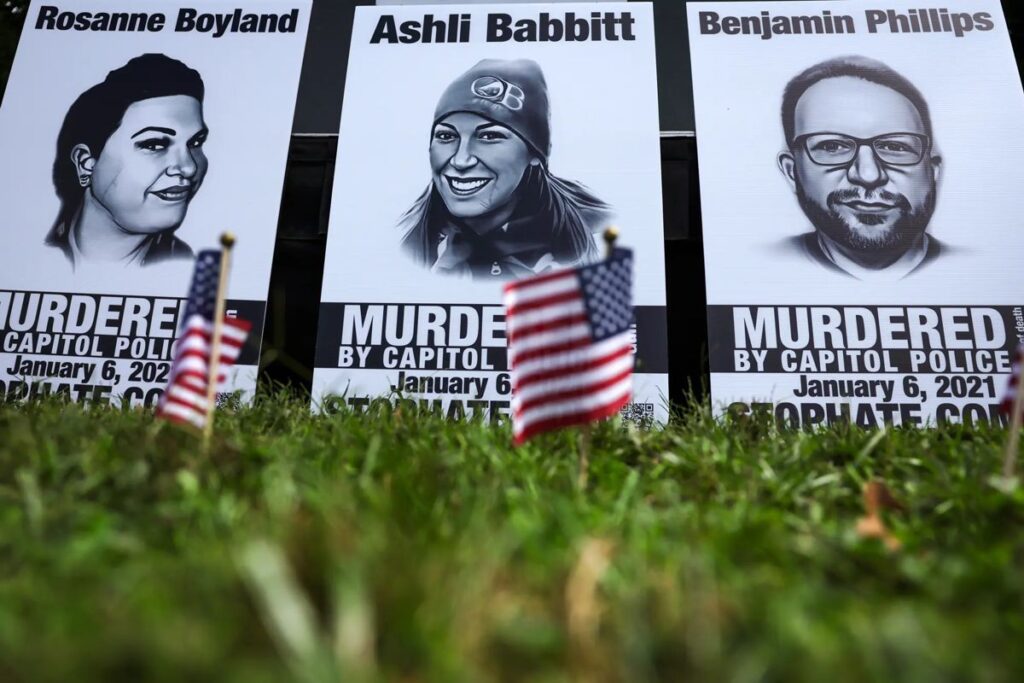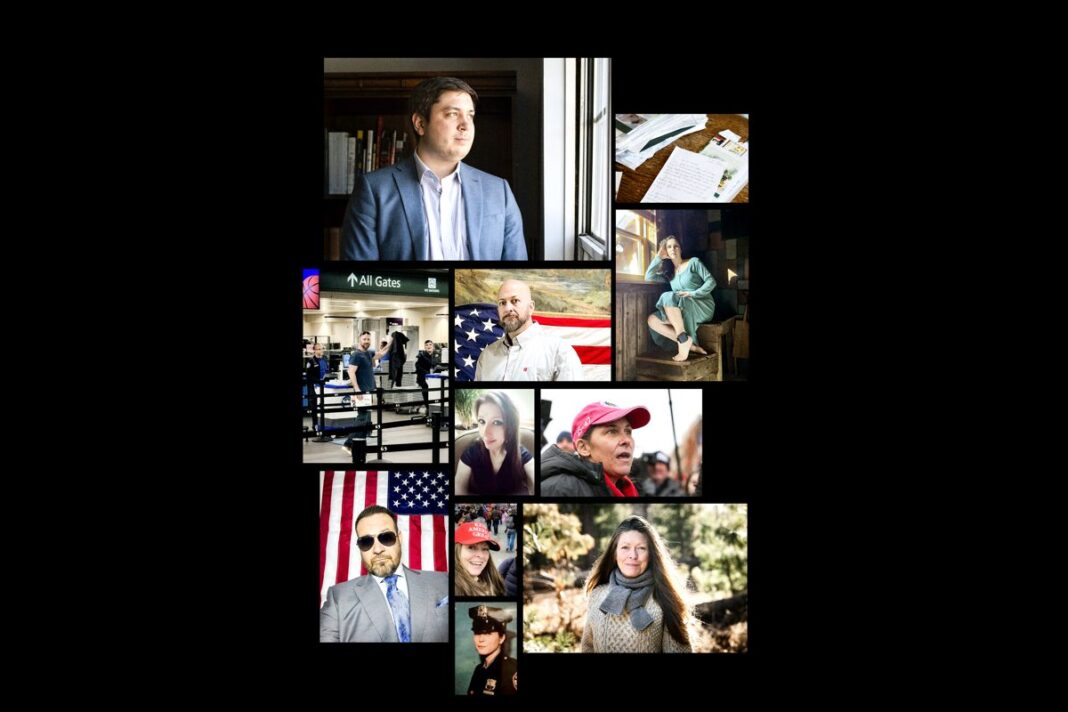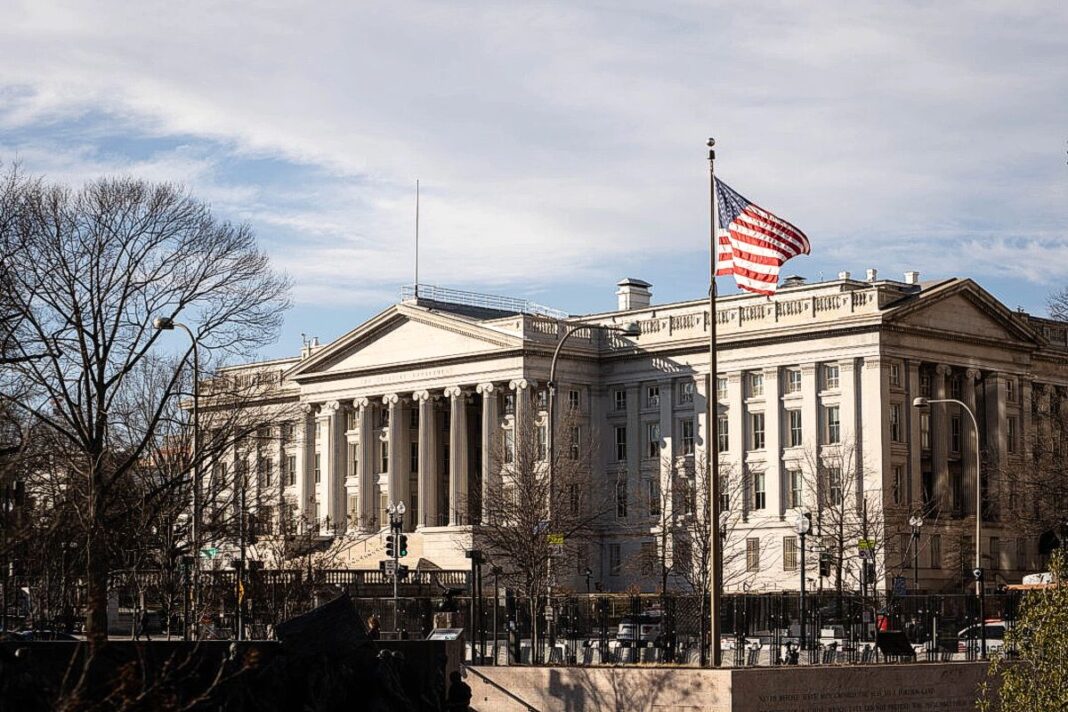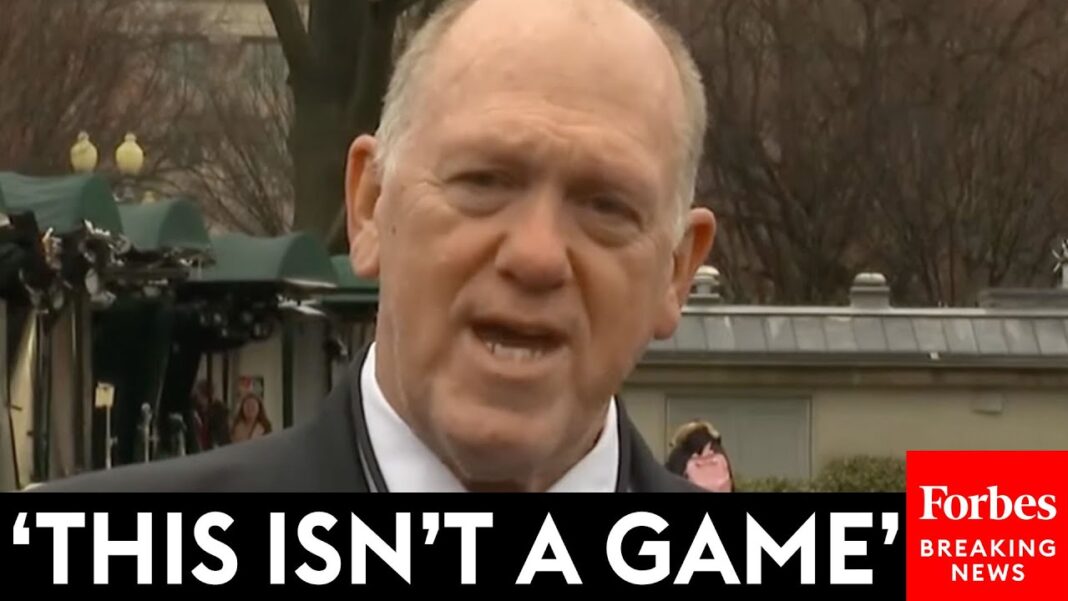
A half-dozen former Jan. 6 prisoners are sharing their side of a story that they say has been suppressed and distorted for the past four years.
Prosecutors acted with “unrelenting integrity,” Attorney General Merrick Garland said, as the Justice Department pursued cases against 1,583 people for events on Jan. 6, 2021—a date etched into the American psyche with unforgettable images of vandalism and violence at the U.S. Capitol.
President Donald Trump, who had attracted a massive crowd to Washington that day amid a dispute over his 2020 election loss, decried these cases as “political persecutions.” He tossed out the prosecutions upon his return for a second presidential term on Jan. 20.
Saying he was ending “a grave national injustice that has been perpetrated upon the American people over the last four years,” Trump commuted sentences for 14 serious Jan. 6 offenders and issued full pardons to all remaining defendants—1,569 people, based on federal data.
Trump showed mercy even to those convicted of assaulting officers—a controversial move. He previously stated that only peaceful, nonviolent offenders deserved consideration.
But he justified that decision by pointing out that the convicted Jan. 6 defendants had already been locked up for years, often in “inhumane” conditions. They were targeted for political reasons and were punished more harshly than many people who committed worse offenses, including killings, he said.
A half-dozen of the former Jan. 6 prisoners told The Epoch Times their side. The publication also reviewed Justice Department statements about each interviewee and dozens of other resources for this story.
The interviewees, ranging from a 25-year-old entrepreneur to a 55-year-old former New York police officer, say much information has been suppressed and distorted.
They, like many Americans, continue to question why security in and around the Capitol was clearly insufficient on Jan. 6.
They also suspect a government setup—and a coverup.
Although officials have rejected such claims, a government watchdog’s recent report reignited questions over the actions of “confidential human sources.” Twenty-six of these informants were present on Jan. 6, the Inspector General’s report said.
Four of the informants entered the Capitol; 13 others entered restricted areas on the grounds—without FBI permission. The FBI didn’t authorize the informants to encourage violence, either. But the report left it unclear whether informants obeyed that order.
Setting the Record Straight
The interviewed Jan. 6 defendants say many Americans still incorrectly believe that police officers were killed in the melee; 140 officers were hurt, none fatally, despite initial reports.
It’s unclear how many civilians were injured, but Trump supporters were the only people who died that day. Police fatally shot Ashli Babbitt, 35, and beat Roseanne Boyland, 34, who was knocked unconscious in a stampede; her cause of death remains in dispute. Investigators cleared officers of wrongdoing in both cases.

The Jan. 6 interviewees agreed that, as more videos surfaced, the American public has begun to see a wider, clearer picture of the day’s events.
Before violence broke out, many thousands of people listened to Trump’s speech at The Ellipse, a park about 2 miles from the Capitol, where Congress was preparing to certify the 2020 election results.
Trump said the group should march to the Capitol “peacefully and patriotically.” But before his speech ended, protesters—possibly mingled with provocateurs—had already clashed with police at the Capitol.
Videos show some people walking into the building through already-open doors—past police who made no attempt to halt them. Some of those nonviolent people faced criminal trespassing charges.
Others violently tangled with police, smashed windows, and forcibly entered the building. Nearly 200 people pleaded guilty to assaulting officers. Officials set property damage at $1.5 million.
By Janice Hisle








